
Nepal’s Peace Process Praised as a Global Role Model During Parliamentary Debate on Transitional Justice Bill
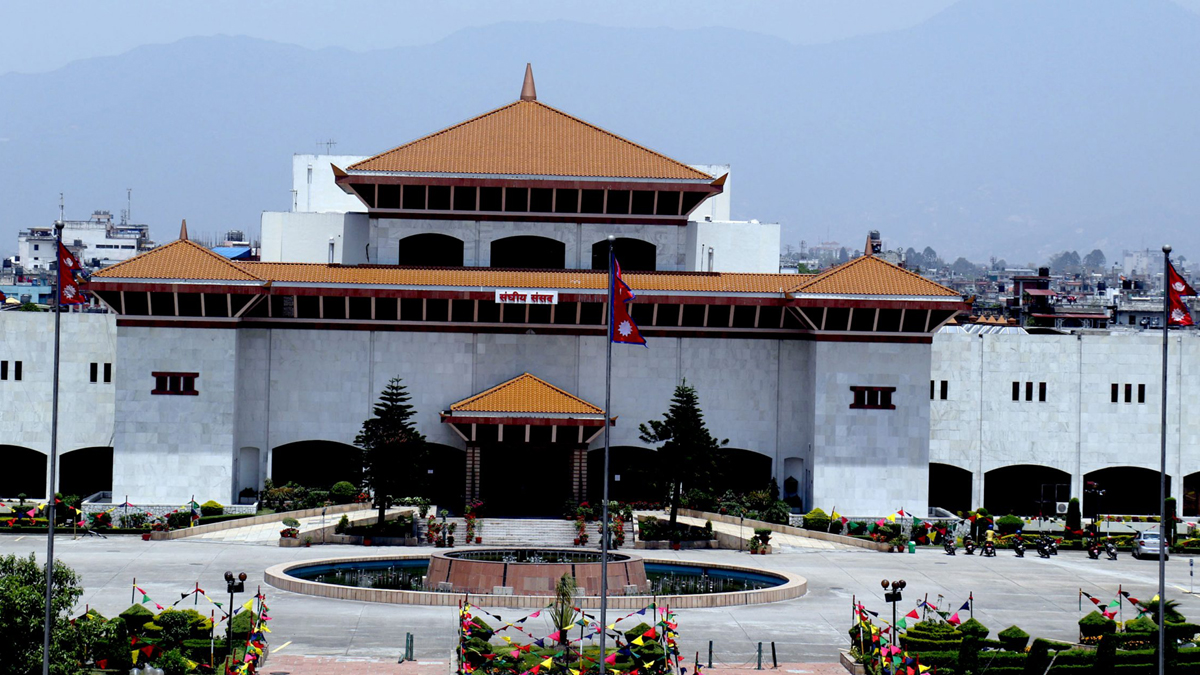
Nepal’s peace process has been hailed as a global role model during deliberations on the third amendment to the Investigation of Enforced Disappeared Persons and Truth and Reconciliation Commission Bill in the House of Representatives on Wednesday. Lawmakers from across the political spectrum emphasized that Nepal’s unique approach to transitional justice is nearing a logical conclusion, with major political parties uniting to address long-standing issues.
Ranju Kumari Jha, a lawmaker from the Janata Samajbadi Party, expressed confidence that the passage of the transitional justice bill would elevate Nepal’s standing on the global stage. “Conflict management and the peace process will be properly finalized with this bill,” she said, adding that all political parties and lawmakers deserve commendation for their collaborative efforts. Jha also highlighted that the bill would strengthen national consensus and bring relief to conflict victims.
Abdul Khan of the Janamat Party noted that the bill’s introduction in parliament was not solely the result of the efforts of the three major parties but also had the backing of all parties represented in the legislature. He stressed that the political unity displayed in ensuring justice for victims sends a positive message to the world. Khan emphasized the importance of adhering to international norms and principles of transitional justice and noted that victims would be empowered to seek justice through the bill.
Ganga Ram Chaudhari of the Nagarik Unmukti Party welcomed the bill’s presentation, calling it a significant step forward. He urged the government to also consider the sacrifices made by those who lost their lives in movements such as Tikapur, Tharuhat, Madhes, and Dalit.
Ram Prakash Chaudhari of the Loktantrik Samajbadi Party expressed hope that the bill would ensure that those victimized during the armed conflict receive compensation, reparation, and support in accordance with their status. “It gives a special message to the world,” he remarked.
Prem Suwal of the Nepal Workers and Peasants Party (NWPP) cautioned that the bill requires thorough discussion, given the gravity of the peace process. Rastriya Janamorcha Party leader Chitra Bahadur KC raised objections to a provision in the bill that authorizes the Attorney General to proceed with cases against perpetrators, expressing concerns about potential misuse of power.
Prabhu Saha of the Aam Janata Party extended his best wishes for the successful passage of the bill, viewing it as a crucial step in advancing the peace process.
Independent lawmakers Amaresh Kumar Singh and Yogendra Mandal also welcomed the bill, thanking the parties for finally bringing it forward, albeit belatedly.
As Nepal continues to navigate the complex terrain of transitional justice, the bill’s passage is seen as a critical milestone in concluding the peace process and ensuring justice for the victims of the country’s decade-long conflict.


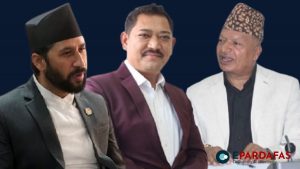
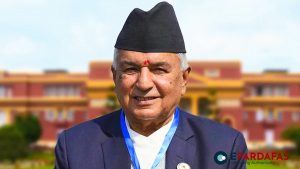
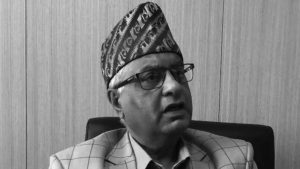

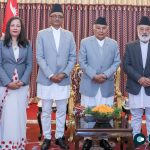




Comments